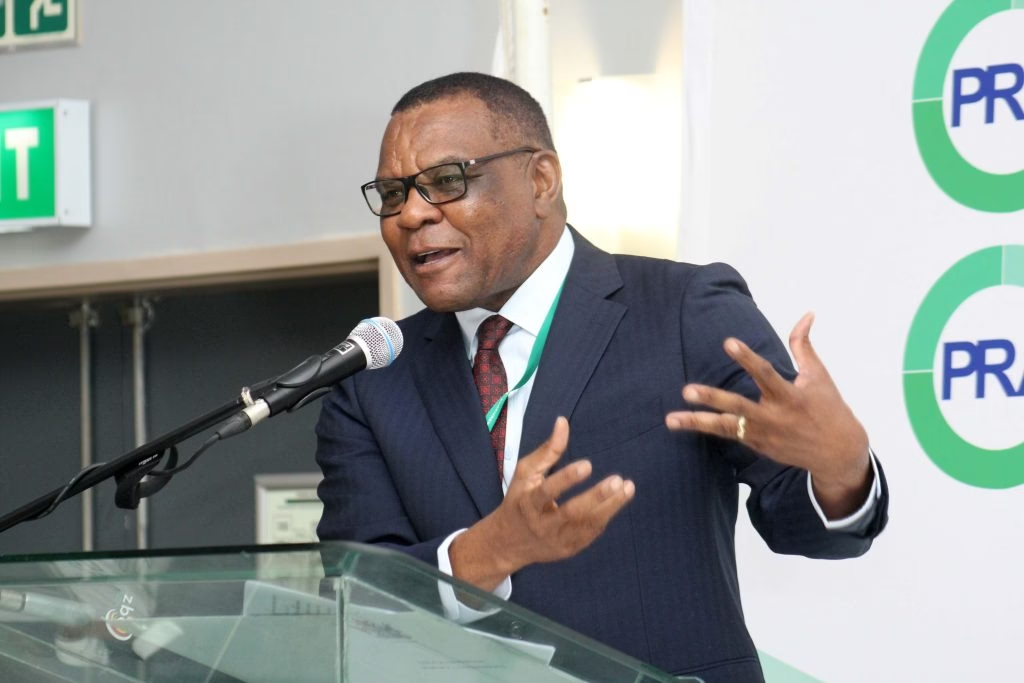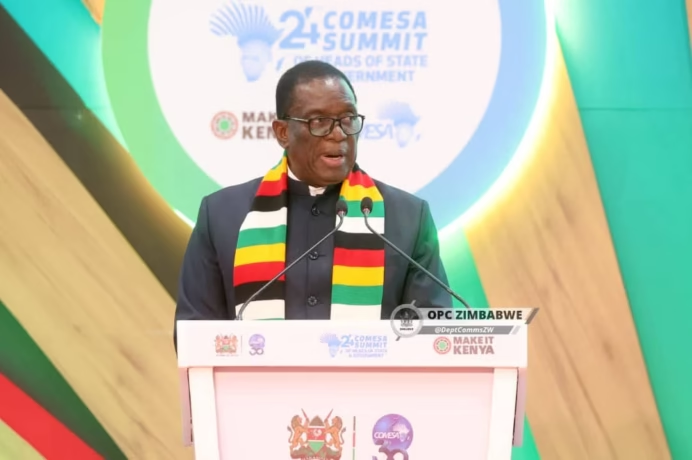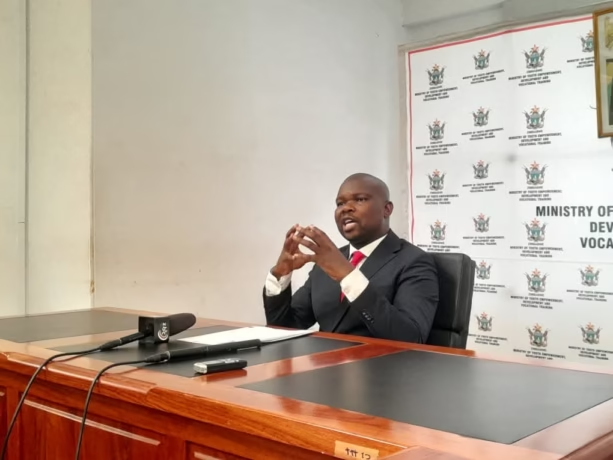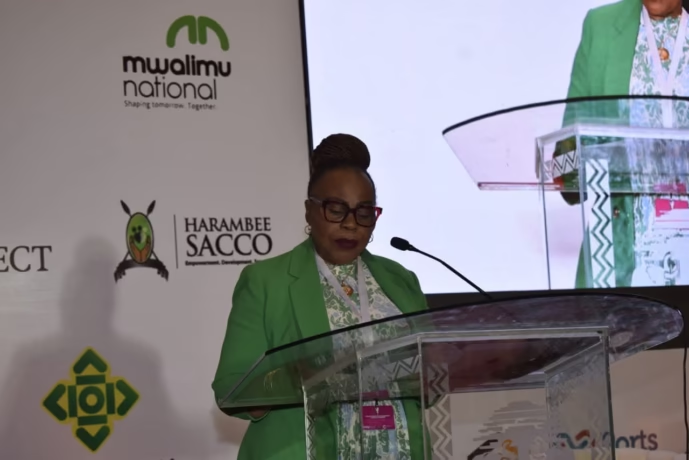
The Public Service Commission has emphasised the urgent need to harmonise heritage-based university education with the human capital priorities of Zimbabwe’s public sector, aiming to cultivate a skilled, adaptive, and future-ready workforce for national development. Delivering a public lecture at Great Zimbabwe University in Masvingo, Commission Chairperson, Dr Vincent Hungwe, challenged higher education institutions to move beyond conventional knowledge transfer and become dynamic ecosystems producing graduates equipped to lead, innovate, and contribute meaningfully to public service.
Dr Hungwe highlighted that aligning university outputs with public sector needs is no longer optional but a national imperative. “The capacity of a nation to deliver responsive public services, implement meaningful reforms, and realise sustainable development is inextricably linked to the quality, preparedness, and agility of its public sector workforce,” he stated. He also stressed the importance of strategic partnerships between academia and government, calling for sustained collaborations that go beyond producing employable graduates to cultivating leaders capable of shaping Zimbabwe’s public institutions.
Great Zimbabwe University Vice Chancellor, Professor Rungano Zvobgo, echoed this commitment, noting that the institution is ready to embrace the national Education 5.0 philosophy, which integrates teaching, research, community engagement, innovation, and industrialisation. “Today’s programme is more than just an academic exercise, it is a commitment to our national heritage to produce graduates who can solve local problems, contribute meaningfully to the public sector, and transform society,” Professor Zvobgo said.
The lecture also sparked lively engagement, with students actively participating, asking questions, and exploring the operations of the Public Service Commission, underscoring the growing interest in linking academic learning with practical national development objectives.




